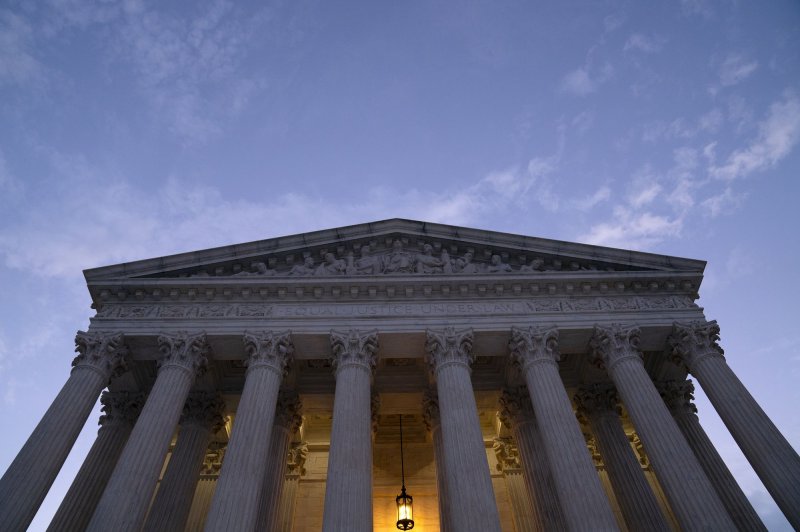Oct. 2 (UPI) -- The U.S. Supreme Court agreed Friday to hear a case challenging two Arizona election laws that critics argue make it harder for minorities to cast ballots in the state.
The high court agreed to hear the case Arizona Republican Party vs. Democratic National Committee, in which state Republicans are appealing a lower court ruling that affirmed Democrats' arguments that the laws suppress minority votes.















